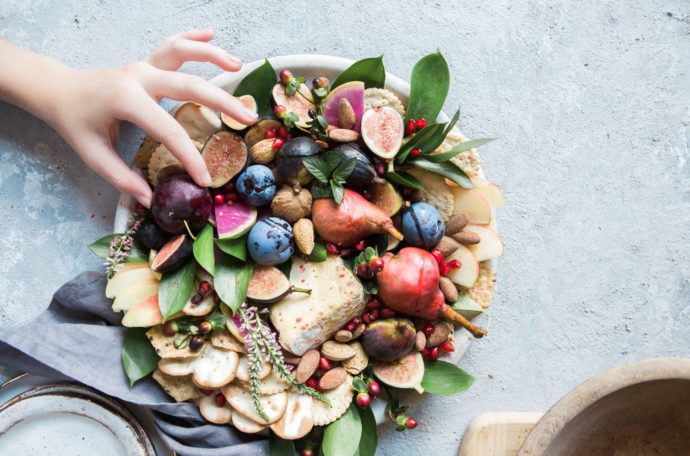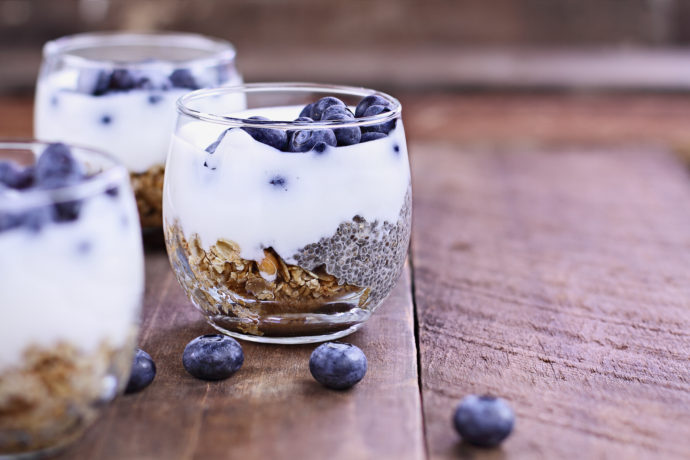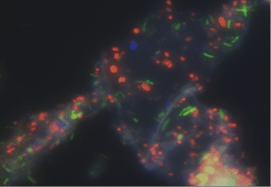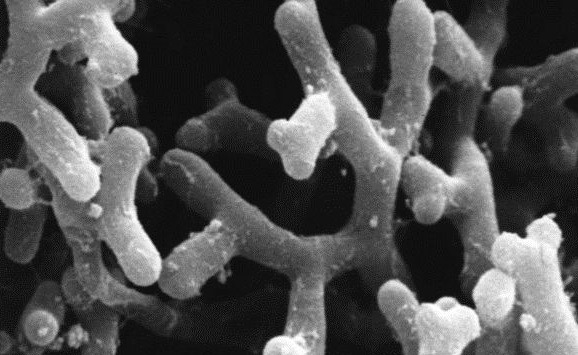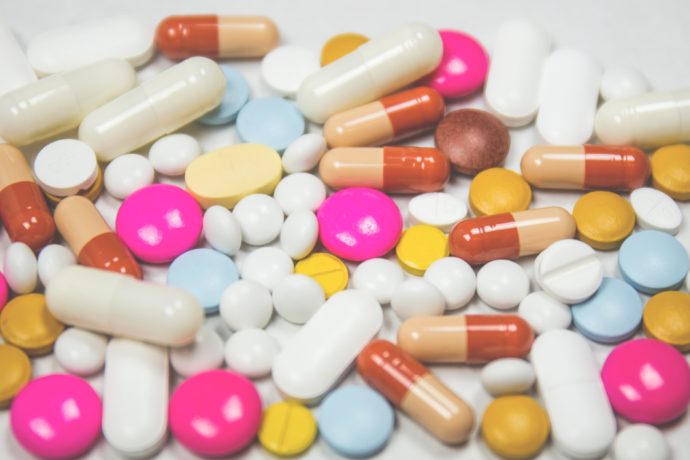Your gut and your microbes
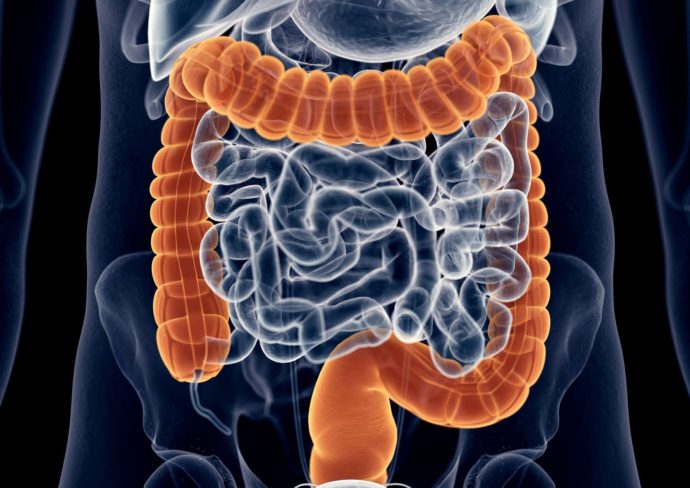
There are more microbes than human cells in the body. The human gut contains microbes including bacteria, archaea, viruses and fungi with bacteria being the most numerous. Everyone’s microbiota (the community of microbes that live in your gut) is different, in the same way that a fingerprint is unique.
The trillions of microbes living in your gut can be classed together in different groups, and in general the more different groups there are, the healthier it is for us. This is because each group of microbes performs a different role or function and if one group is missing then that function could be missing too.

